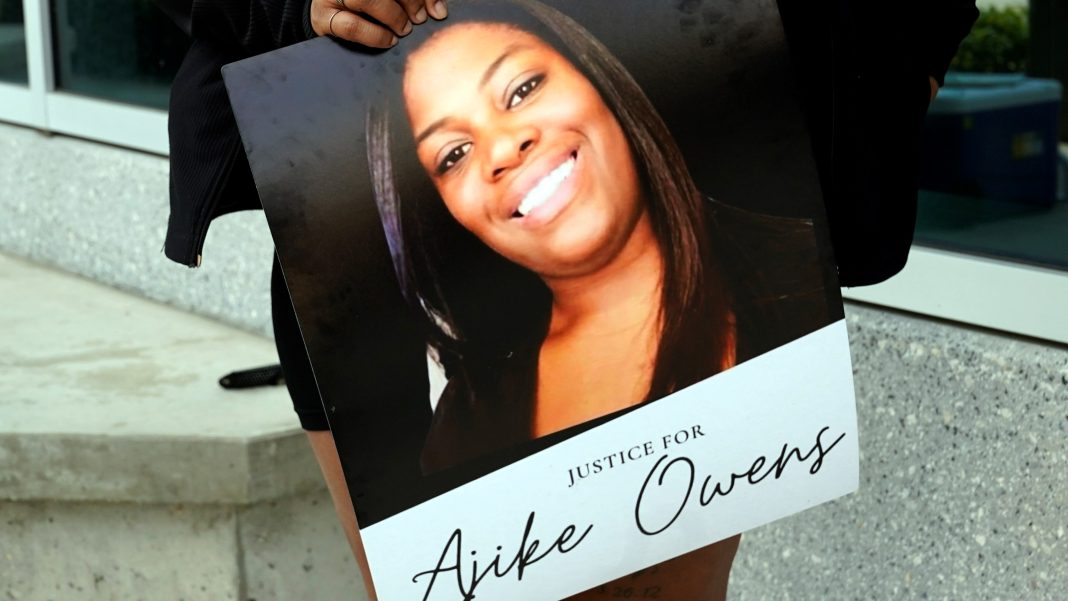Title: Unveiling the Hidden Agenda: The Conservative Plan to Restrict Access to Pornography
Introduction:
In a covertly recorded conversation, Russell Vought, a former top Trump administration official, revealed the true intentions behind the age verification laws aimed at protecting children from pornography. This narrative explores the conservative plan to restrict access to pornography and the broader implications it holds for free speech.
The Pretext of Age Verification Laws:
For the past three years, Vought and the Center for Renewing America (CRA) have been advocating for laws that require porn websites to verify the age of their visitors. These laws, known as “age verification laws,” have been enacted or considered by numerous states, with many of them based on the CRA’s proposals. However, Vought disclosed that these laws serve as a pretext for a more significant agenda – restricting access to pornography as a whole.
The Back Door Strategy:
Vought candidly admitted that the age verification laws were a strategic starting point to target the porn industry. By shifting the liability from website visitors to porn companies, Vought aimed to create a leverage point for future fights and ultimately establish a national ban on pornography. His contribution to the Project 2025 manifesto, which advocates for outlawing all pornography and imprisoning its producers, further solidifies this agenda.
The Free Speech Debate:
The restriction of “indecent” material has long been a contentious issue in free speech debates. While the First Amendment protects adults’ right to access sexually explicit materials, child pornography and extreme content are exceptions. Mike Stabile, from the Free Speech Coalition, highlights that age verification laws have been labeled as “backdoor censorship” since their inception. Bob Corn-Revere, a First Amendment attorney, emphasizes that using children as a means to restrict protected speech is a common strategy employed by anti-free speech movements.
The True Purpose Revealed:
Legal experts and advocacy groups, such as the Foundation for Individual Rights and Expression and the Electronic Frontier Foundation, argue that the true purpose of age verification laws is not solely to protect children. The laws’ text and Vought’s statements confirm that the intention is to achieve broader bans on pornography. These organizations have filed briefs urging the Supreme Court to consider the constitutionality of the Texas law and to strike it down.
State-by-State Blackouts:
As states like Texas and Idaho implemented these bans, major porn websites like Pornhub responded by blocking access in those areas. Vought acknowledges that these blackouts align with their plan, as the ultimate goal is to shut down the porn industry entirely. The CRA’s research director further confirms that age verification laws are just a stepping stone towards outlawing pornography altogether.
Challenges and Legal Battles:
Numerous legal challenges to age verification laws are currently underway in federal courts across the country. While a federal judge initially blocked parts of the Texas law on First Amendment grounds, the U.S. Court of Appeals for the 5th Circuit lifted the injunction. Similar laws in Indiana and Mississippi were also blocked by federal courts. The Supreme Court is set to receive final briefs in the Texas challenge in mid-November.
Conclusion:
The revelation of the conservative plan to restrict access to pornography through age verification laws sheds light on the broader implications for free speech. By using children as a pretext, proponents of these laws aim to pave the way for more extensive bans on protected speech. The ongoing legal battles and the Supreme Court’s involvement will determine the future of age verification laws and their impact on the porn industry and free speech rights.


